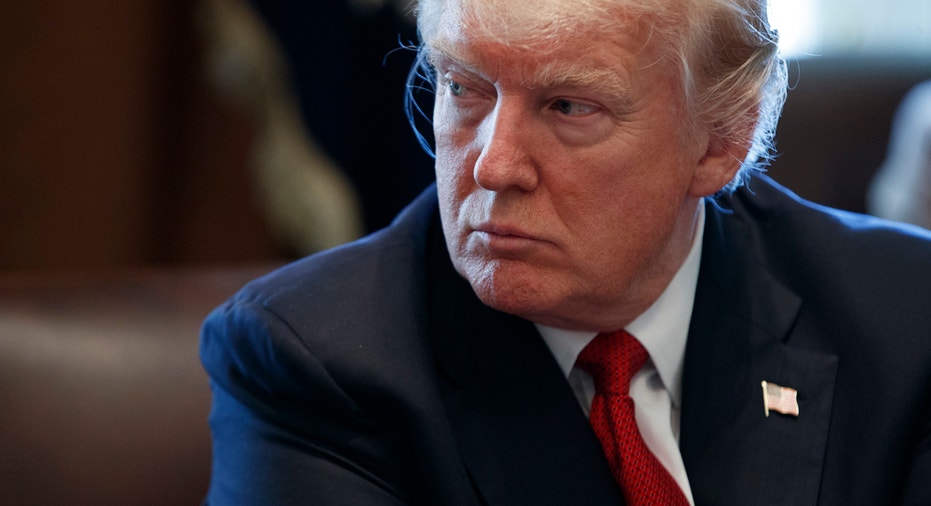How Trump's Tax Overhaul Could Affect Your 401(k)

After the GOP’s first attempt to replace Obamacare fell through last week, the tax reform timeline is once again in question--triggering uncertainty on Wall Street. In the near-term, that could be bad news for retirees with 401(k) accounts, which are largely linked to stock market performance.
President Donald Trump’s promise to reform the U.S. tax code, through both individual and corporate tax cuts, has driven the market to record highs since the election in November. The Dow Jones Industrial Average has surged more than 2,000 points since the president gave his acceptance speech in the early morning hours of November 9.
A new Fox News poll shows 73% of Americans believe the U.S. tax system should be reformed this year, and 55% of respondents believe taxes are “too high.”
However, the administration initially planned to tackle health care first in order to free up spending allocations for the tax overhaul. Therefore, the GOP’s inability to coalesce around House Speaker Paul Ryan’s American Health Care Act last week sparked doubt on Wall Street about the chances for tax reform any time soon. The Dow is down more than 2% off its recent record close.
“When health care reform went up in flames, it was a big shock to the market. [Tuesday], when they suddenly announced that health care negotiations may be restarted, the market popped immediately. But, health care does not have a direct effect on markets. Rather it has an incidental effect on the market to the extent that it is linked to tax reform. In the end, tax reform is what is really driving markets,” Sean O’Hara, president of Pacer ETFs, told FOX Business.
Tax reform status updates will continue to drive market performance moving forward, Chad Morganlander, portfolio manager at Washington Cross Advisors, told FOX Business. Any unexpected disappointment could trip up the market big time.
“[Stock performance moving forward] depends on how delayed [the tax bill] is and how watered down the eventual agreement is. Investors are somewhat ahead of themselves and any type of shortcoming of what was promised may have a material impact on investor sentiment,” Morganlander said. “Watered down, that will be the word for the year for trade negotiations and tax reform.”
While those uncertainties could bite retirement accounts in the near-term, if and when tax reform finally does pass, it could bring some big changes for retirees.
“Lower tax rates both at the individual and corporate level could have huge impacts on 401(k) savings moving forward,” Jamie Hopkins, co-director of the retirement income program at the American College of Financial Services, told FOX Business. “A lower tax rate could reduce some of the incentive to defer salary into a 401(k). Instead, tapping into a Roth IRA might become a better option for some people. Lower corporate tax rates could be a boom for retirement savers as stock prices could rise.”
Additionally, for those taking out distributions, the added benefit of tax reform could be significant.
“People [who] are hitting [age] 70.5 and they’re taking their distributions out…it’s all taxable as if it was a W-2 salary. If the ordinary income tax rates go down, that will be a huge boost of income to the seniors of the country because their tax rates will go down on that,” F. Michael Zovistoski, managing director at UHY Advisors, told FOX Business.
Hopkins’ best advice for retirees? Keep contributing to your 401(k) accounts for now, but be aware of how tax reform may change your investment strategy moving forward.
“As Congress moves forward, the proposals will become clearer and we will have a better understanding on the short and long-term impacts of the proposed changes,” he said.



















